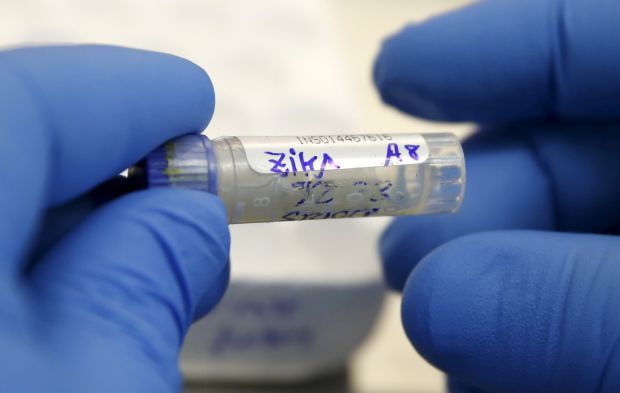
In a country battling a high rate of dengue fever and some recently detected cases of Zika, controlling the population of the Aedes aegypti mosquito – which transmits both viruses to humans – is a high priority, according to Reuters.
Diarmid Campbell-Lendrum, team leader for climate change and health with the World Health Organization (WHO) in Geneva, says there is a cheap and easy answer: covering rainwater tanks with mosquito nets.
But first the connection between climate and health issues must be made – and that doesn't always happen.
In Barbados, it did. The country was one of seven to take part in the first global project on adapting public health systems to climate change, launched by the WHO and the U.N. Development Program in 2010.
Key aims of the work in Barbados were to improve water storage facilities to eliminate mosquitoes, give technical advice on building and maintaining water tanks, and raise public awareness about safe ways to harvest rainwater.
"It is about healthy urban planning – whereby your urban design, and your water and sanitation services all take into account the health risks and opportunities that arise," said Campbell-Lendrum.
Pressure to analyze the health impacts of climate change and extreme weather – and to explore how efforts to deal with climate stresses could themselves shape health risks – is increasing as Zika gathers pace.

